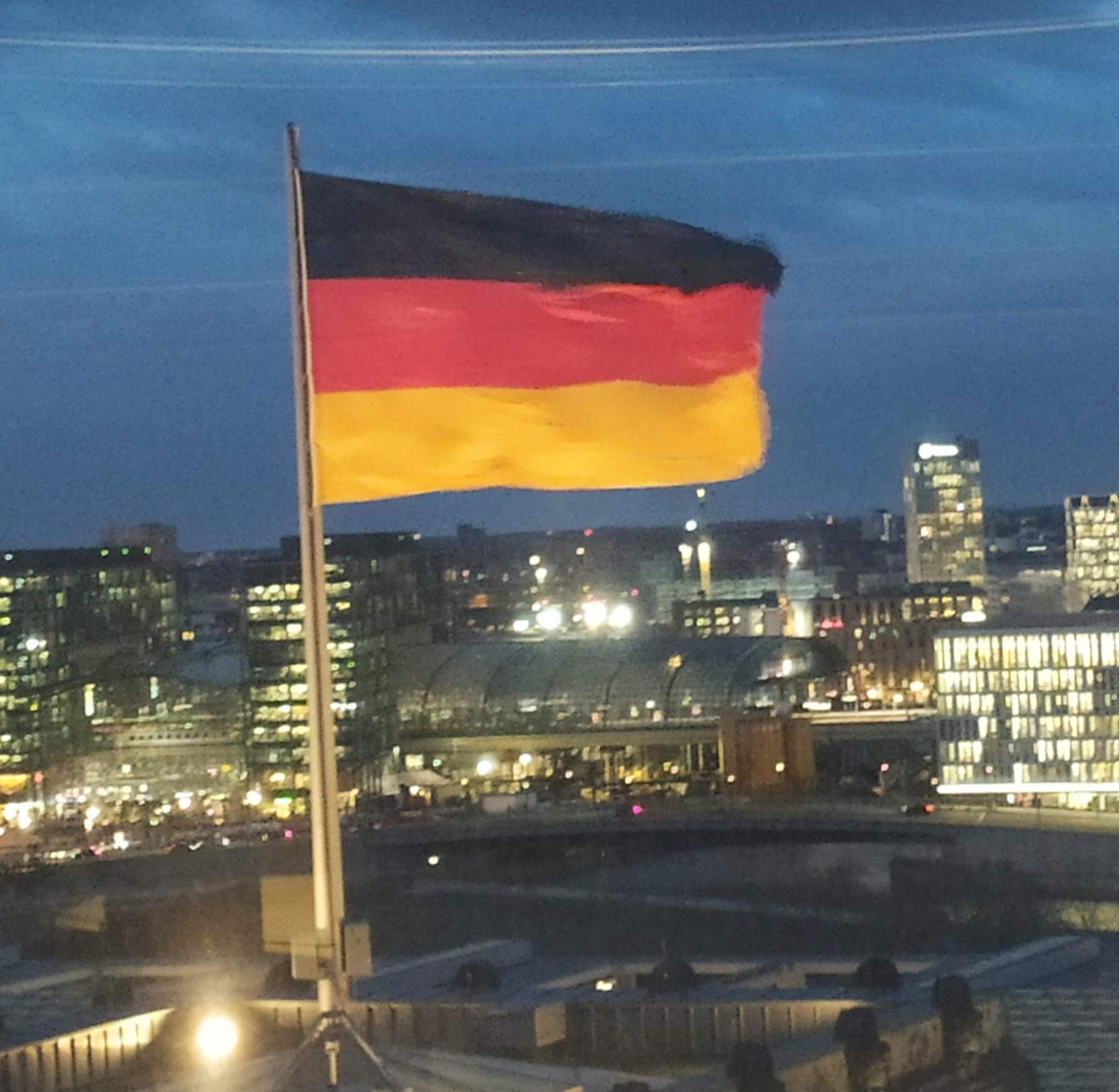

Nationaler Sozialismus, glaub ich.


Nationaler Sozialismus, glaub ich.


Wer genau soll denn diese furchtbare abgewandelte Nazikleidung tragen? Oder rechnen die gar nicht mit irgendwelchen Verkäufen?


“Ich kenne keine Firma, in der die Manager wie bei der Bahn das eigene Produkt meiden wie der Teufel das Weihwasser.”
Einfach mal bei einem großen Bischness-Distributor für Linux arbeiten… Egal welcher.


Nein, ich meinte schon den ersten Teil deiner Antwort. :) Danke! Ich hör tatsächlich keinen einzigen davon an, aber bin gerade zum Beispiel bei LdN auch nicht super aktuell und das wäre keine schöne Überraschung gewesen.


Was für Podcasts hörst du so an?


Voyager mag das auch nicht.


Gut wäre es. Aber leider unwahrscheinlich. Der Markt wächst einfach nicht mehr weiter.


“Parasiten” beschreibt ja letztlich immer noch das Verhalten und ist für mich damit schon ein Unterschied zu Ausdrücken wie “Ungeziefer”.


Sei wenigstens ehrlich. Wenn jemand soweit geht und extra Grenzdrohnen mit nIcHtLeThAlEm Beschuss überallhin hängt, dann sind da früher oder später auch scharfe Waffen dran.
Der rechte Quatsch, den du so gern hier propagierst, kennt weder Verhältnismäßigkeit noch Menschlichkeit. Es geht darum, Menschen weh zu tun, mehr ist es letztlich nicht. Aber vielleicht geht dir auch irgendwann auf, dass du eben auch ein Mensch bist und dass dir die selben Dinge weh tun, die auch einem Menschen anderer Hautfarbe weh tun.
Wenn Drohnen und Militarisierung die Grenze schon zu einem derart menschenfeindlichen Ort machen, wie dir vorschwebt, kann das auch sehr schnell dich tief im Inland treffen. Aber du kannst natürlich erst mal die Augen zu machen und daran glauben, dass das irgendwie zwangsläufig hautfarbenabhängig wäre. Eigentlich musst du nur kurz in die USA schauen, wo das Leben jeden Tag weniger sicher wird.


Genau, Überprüfung durch sympathische KI-Drohnen. Und wenn sich das Objekt noch bewegt, einfach einmal losballern. Kennt man aus Gaza.
Du bist schon ein ziemlicher Grenzhumoriker.


der Diercke Weltatlas (lol).
Zurück2Schule ist real.


Herr Hotz hat offensichtlich mitgelesen. Das kam heute:

Ich finde aktuell etwas gruselig, wie gut das Plakat altert, das ich von der Sachsen-Wahl mitgenommen habe.


tldl=too lazy, didn’t listen. Ich hatte gehofft, es ist offensichtlich wegen tldr+Radio.

Man muss Mitglied des Presserats sein, glaub ich.
Lass mich dir noch ein r kaufen.


Habe ich auch fast gedacht. Gut, dass du es sagst.
Du hast einen Humor gemacht, das ist auch fein. Aber in früheren Dekaden haben US-Libertärys gern erzählt, dass ein schlanker Staat nur noch die Verteidigung nach außen macht und dementsprechend eine Armee aufstellt und Einnahmen für diese Armee generiert. Alle andere bisher staatlichen Aufgaben seien entweder bei Staaten und Kommunen oder noch besser, bei privaten Akteuren aufgehoben.